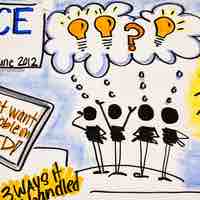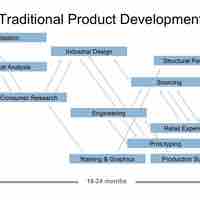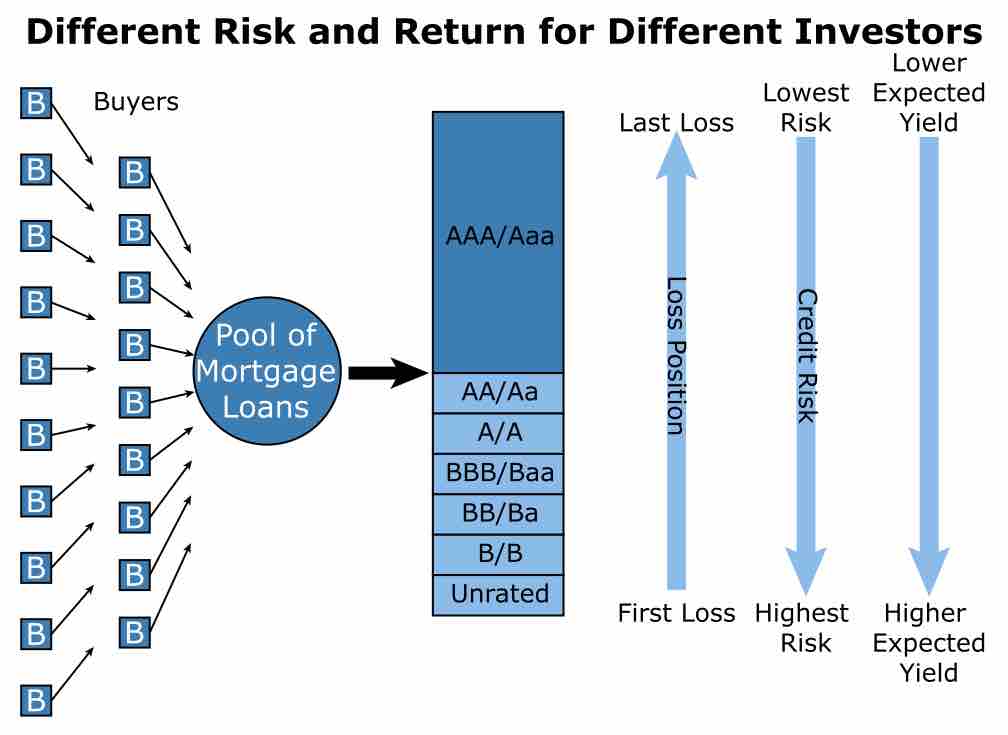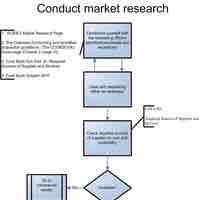Chapter 5
Business-to-Business Marketing
By Boundless

Business marketing includes all activities involved in communicating the value of a business's products and services to another business.

B2B markets to individuals acting on behalf of organizations, while consumer marketing targets single individuals who pay for their own transactions.

Primary ownership types of businesses include corporations, cooperatives, LLPs, LLCs, and sole proprietorships.

B2B customer interactions are influenced by what are typically long and complex buying processes and tend to be more relationship-based.

B2B companies typically implement client services or customer care processes to address customer concerns and enhance customer satisfaction.

Business customers - as compared to consumers - tend to be more rational, are more concerned with quality, and look to make lasting relationships.

Purchase influences of B2B customers differ from those of the consumer market due to the high time and cost investments of B2B transactions.

B2B buyers and sellers use negotiating tactics to agree upon terms and pricing that benefit both the customer and the seller.

In B2B transactions, leasing serves as an alternative financing method for customers looking to use high-priced products and services.

B2B marketers use industry or trade publications, trade shows, private events, and social media to generate awareness about their products and services.

Market segmentation involves identifying the particular groups of people / organizations that benefit from your product and then selling to them.

Total addressable market (TAM) is a term that is typically used to reference the revenue opportunity available for a product or service.
Business-to-business (B2B) transactions involve many classifications of business products.
The group of individuals responsible for making a buying decision in a B2B context are labelled the decision making unit (DMU).

A buying center is a group of people within an organization who make business purchase decisions.
B2B buying situations vary from B2C buying situations, so B2B marketers must develop different capabilities.

Understanding the stages of business buying is important to a marketing firm if it is to market its product properly.

Firms can measure vendor quality, service, availability, and overall reliability to determine future engagement with the vendor.

Environmental, organizational, and interpersonal factors all impact the business buying decision process.

Marketers need to incorporate good ethics in their marketing campaigns as they are responsible for the image that a product portrays.

Customer service is provided before, during, and after the purchase of a product, and is meant to supplement and enhance customer experience.